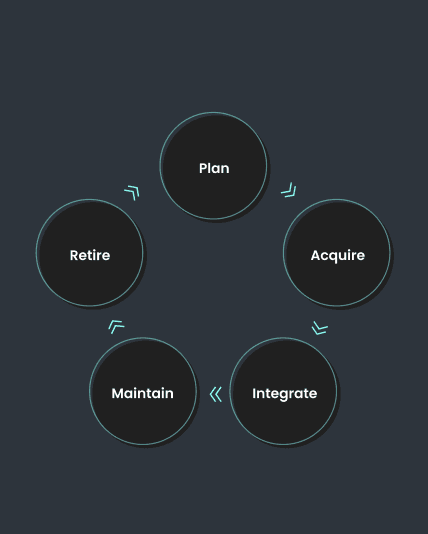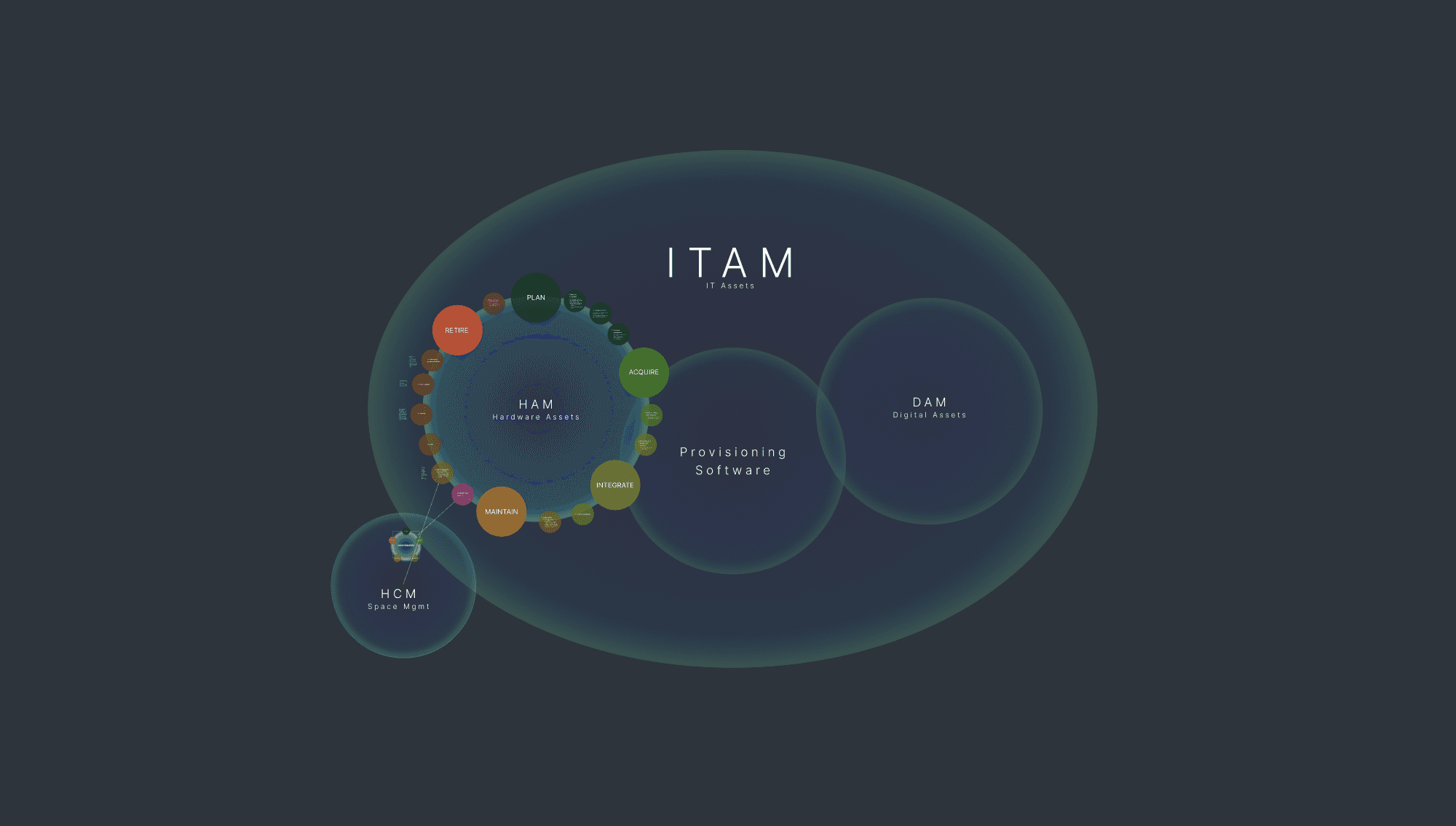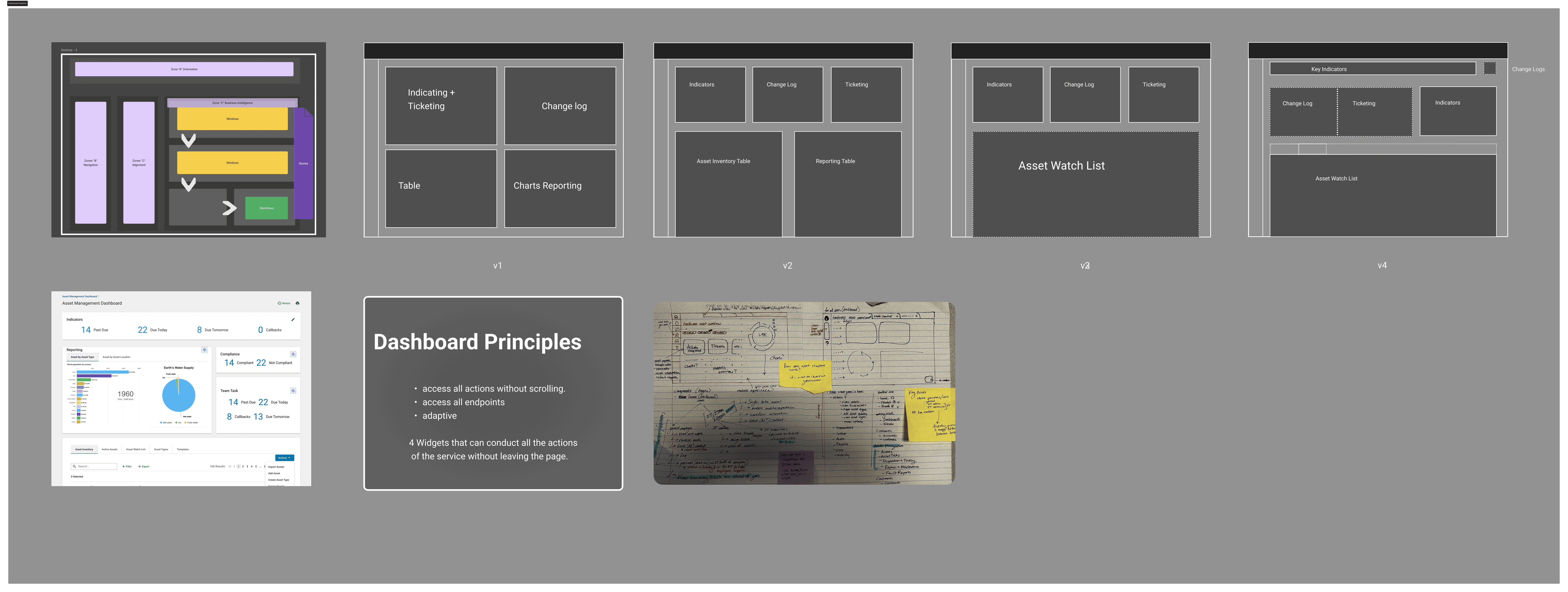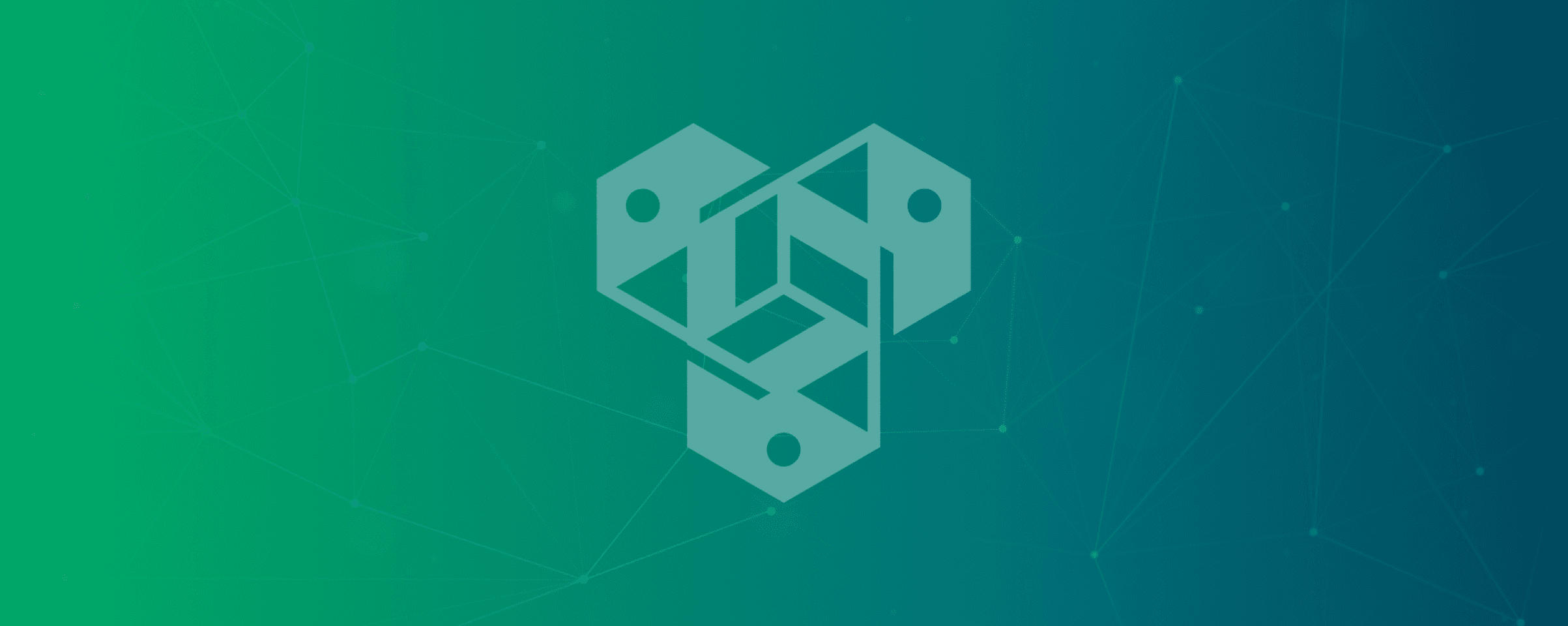
Problem
Manual processes and fragmented systems slow down IT teams, leading to:
Wasted Resources – 10-15% of IT budgets go to unused software.
Deployment Delays – 64% of IT pros report 14-day average delays in new device rollouts.
Poor Asset Visibility – Many organizations lack full inventory tracking.
IT & HR Disconnect – Miscommunication causes errors and slowdowns.
Solution
I designed a streamlined IT asset management system to eliminate inefficiencies caused by manual processes and fragmented systems. By improving resource allocation, deployment speed, asset visibility, and IT-HR communication, the solution reduces waste, delays, and errors, ensuring a smarter, more efficient IT workflow.
Role
I led the design and development of the IT asset management system, building a centralized platform that syncs data, automates workflows, and improves visibility across teams. I focused on user flows, dashboard design, and system integration to ensure a smooth, scalable experience for IT and HR.
Research & Personas
I kicked off the project with in-depth stakeholder interviews to uncover real pain points in IT asset management. I spoke with project managers, directors, and product leads, gathering insights that shaped every design decision.
From this, I built three key personas—John (IT Admin), Sarah (Marketing), and Bryan (IT Technician)—to ground the solution in real user needs. Bryan became the core persona, guiding our focus on deployment, ticketing, and asset maintenance to support the frontline of IT operations.
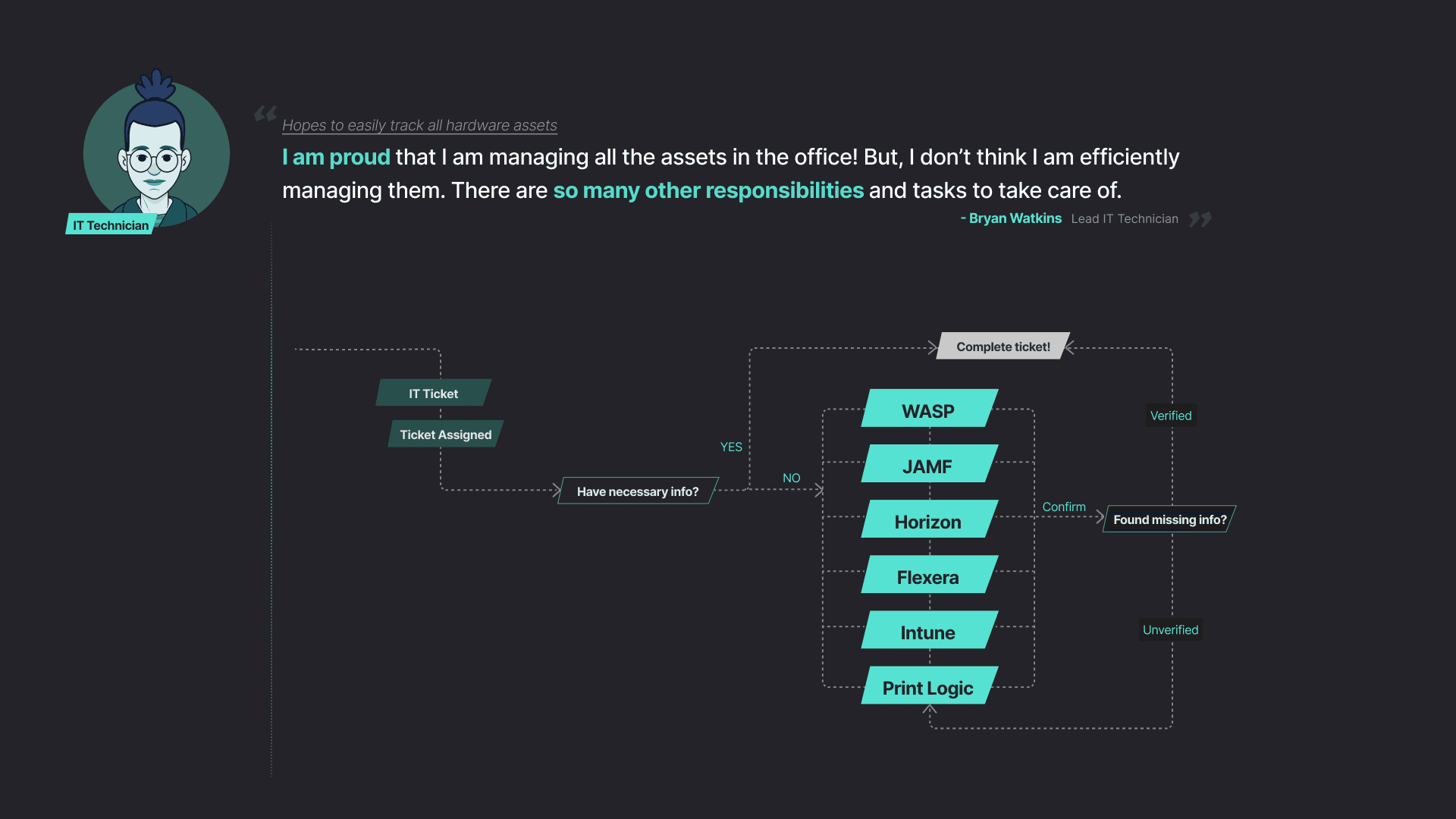
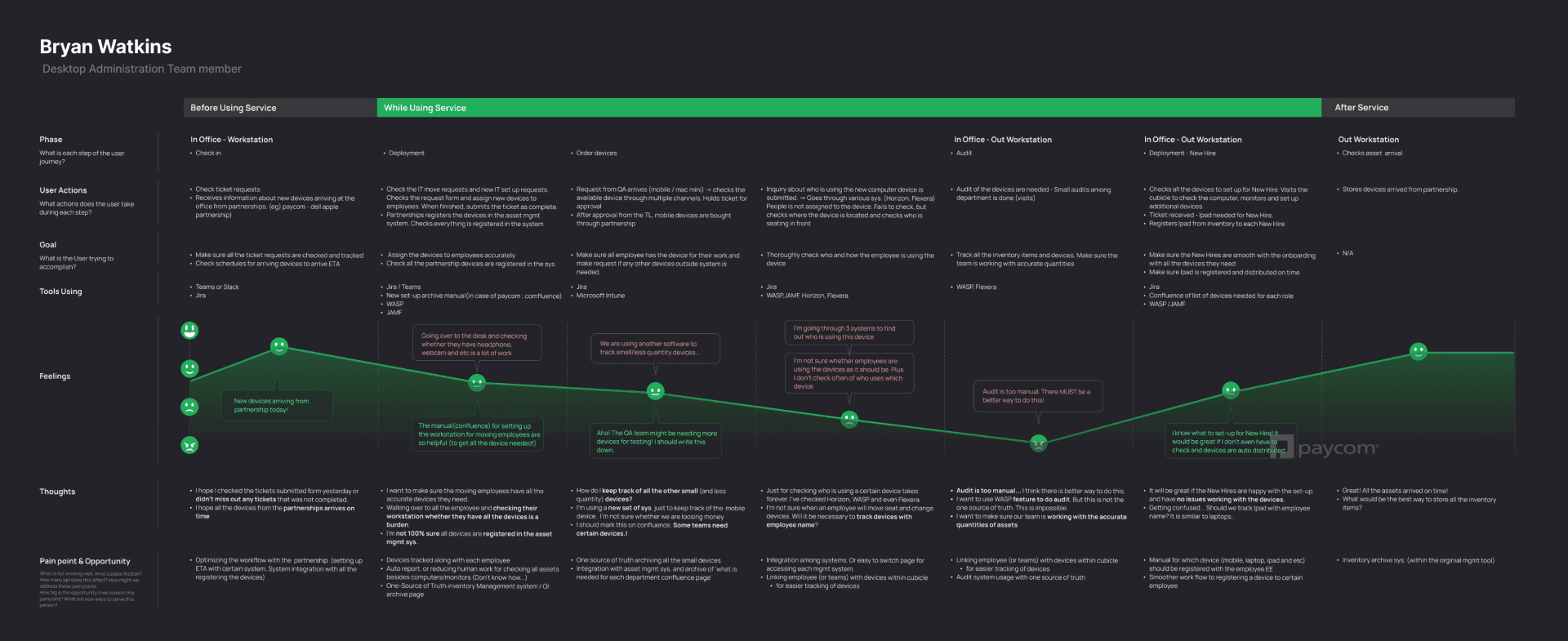
Through Bryan's persona, I gained a nuanced understanding of the IT technician's role and the challenges they face in managing IT assets. I then analyzed existing asset management products to identify areas of alignment and opportunities for differentiation.
Comprehensive Competitive Analysis
Analyzed existing asset management products to identify areas of alignment and opportunities for differentiation:
Researched industry-leading solutions
Identified market gaps and areas for innovation
Defined our unique value proposition
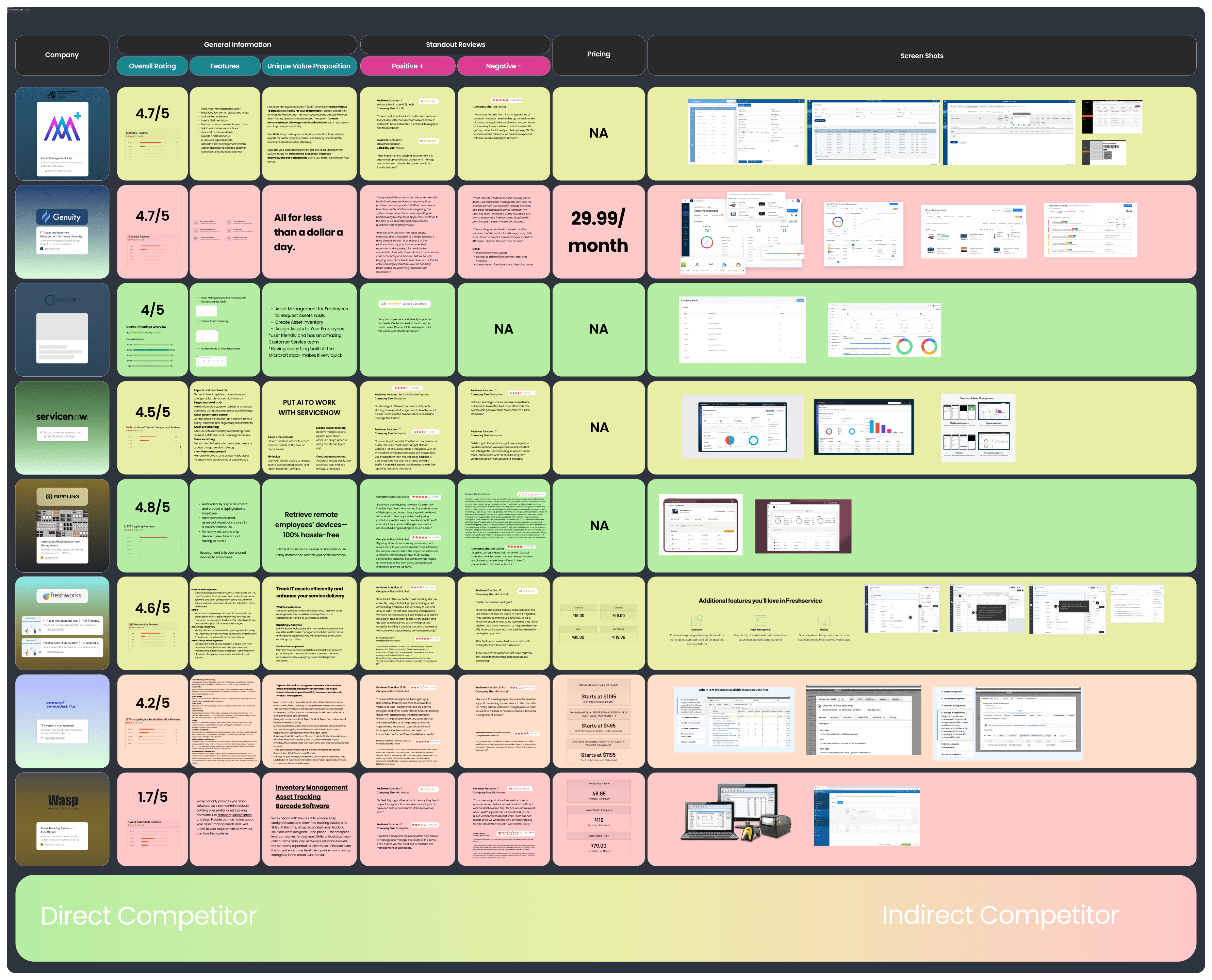
Product Scope
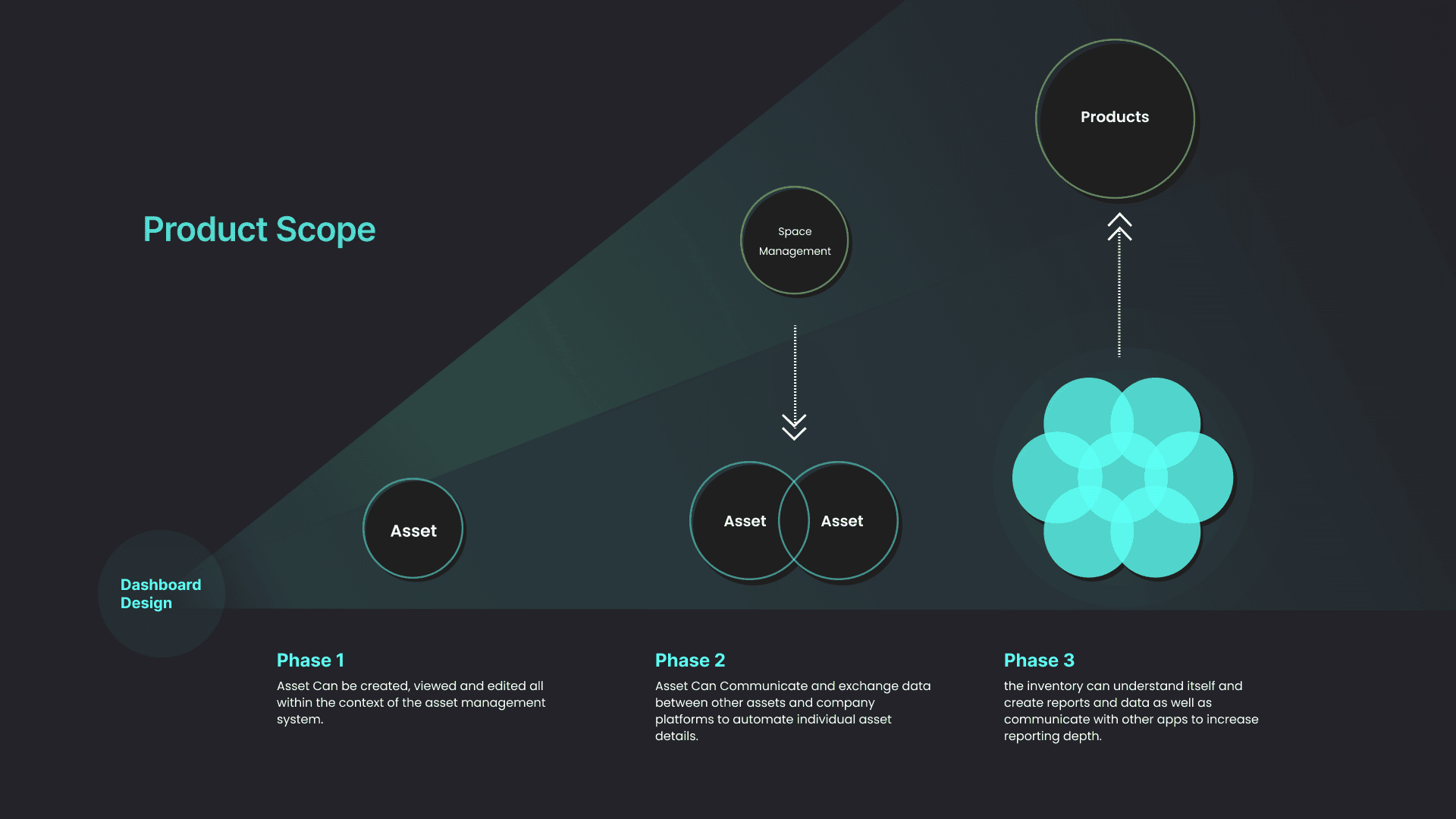
I aimed to create a comprehensive Asset Management system that streamlines the entire asset lifecycle, from start to finish. To achieve this, I defined a phase-based scope that focuses on key aspects of the asset management cycle.
Phase 0 (groundwork) : Dashboard Design and Development
Design a dashboard that supports new features and houses assets, following four key rules:
Access all endpoints and main actions without scrolling
Flexibility to be manipulated by user preferences
Built to accommodate growth of the product and company
Simple enough for any employee to learn and operate
Develop a software solution that holds and manipulates all asset data, adaptable to unique industry needs
Phase 2: Asset Foundation
Add assets
Delete assets
Modify & View asset information
This phase laid the foundation for the entire system, ensuring that assets can be properly managed and maintained
Phase 3: Multi-Asset Management and Automation
Allow users to import multiple assets into the system
Automate processes by integrating with other products (e.g., Seating Chart, Applicant Tracking System) to manipulate asset information
Phase 4: System Intelligence and Reporting
Enable the system to generate reports and self-update its data by leveraging other Paycom products
Foster a competitive Asset Management system for various industries and company sizes
By following this phased approach, we can quickly grow the product while meeting user needs at any given time, and scale the product as our consumers' business needs evolve, ensuring a flexible and adaptable solution that drives long-term success.
Development
Usability Study
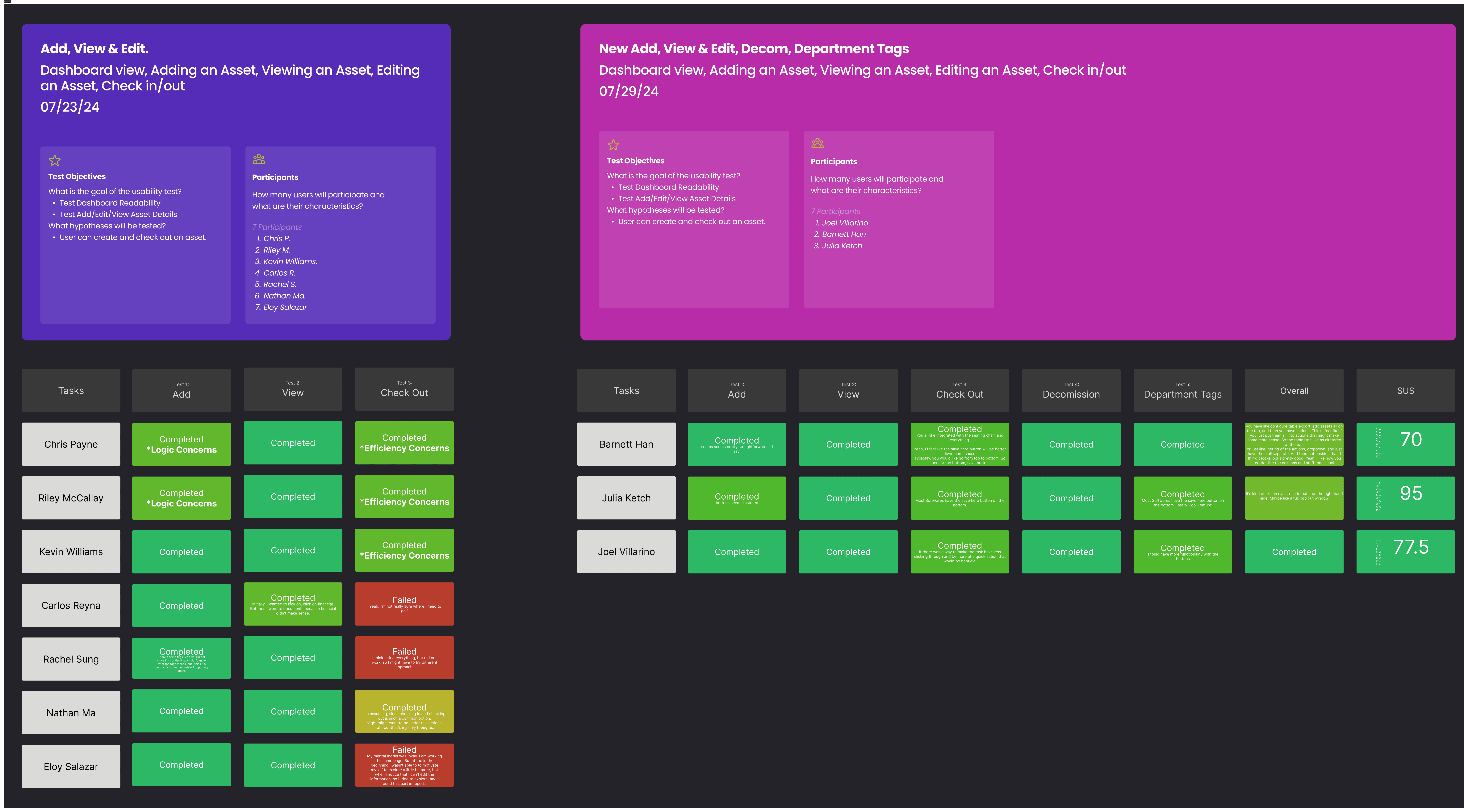
Refined Design
Hi-Fi Mockups
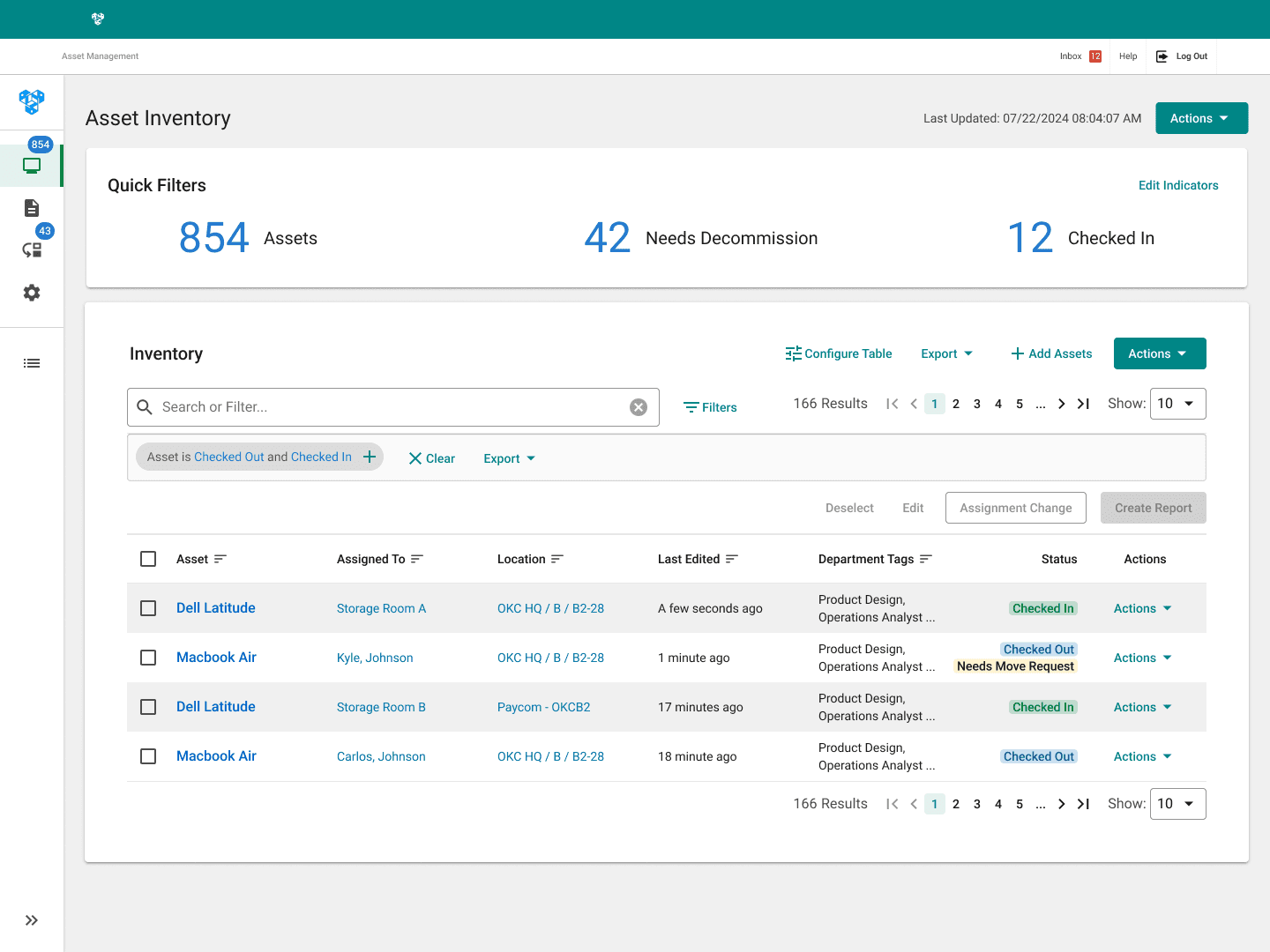
What I Learned
This project sharpened my skills in both product design and management, as I navigated tight deadlines, complex stakeholder needs, and a competitive market.
I learned to balance business goals with user needs, drive innovation through user-centric design, and manage scope, timelines, and expectations. It strengthened my abilities in UX/UI, roadmap planning, and cross-functional collaboration—equipping me to lead impactful, growth-driven product initiatives.
